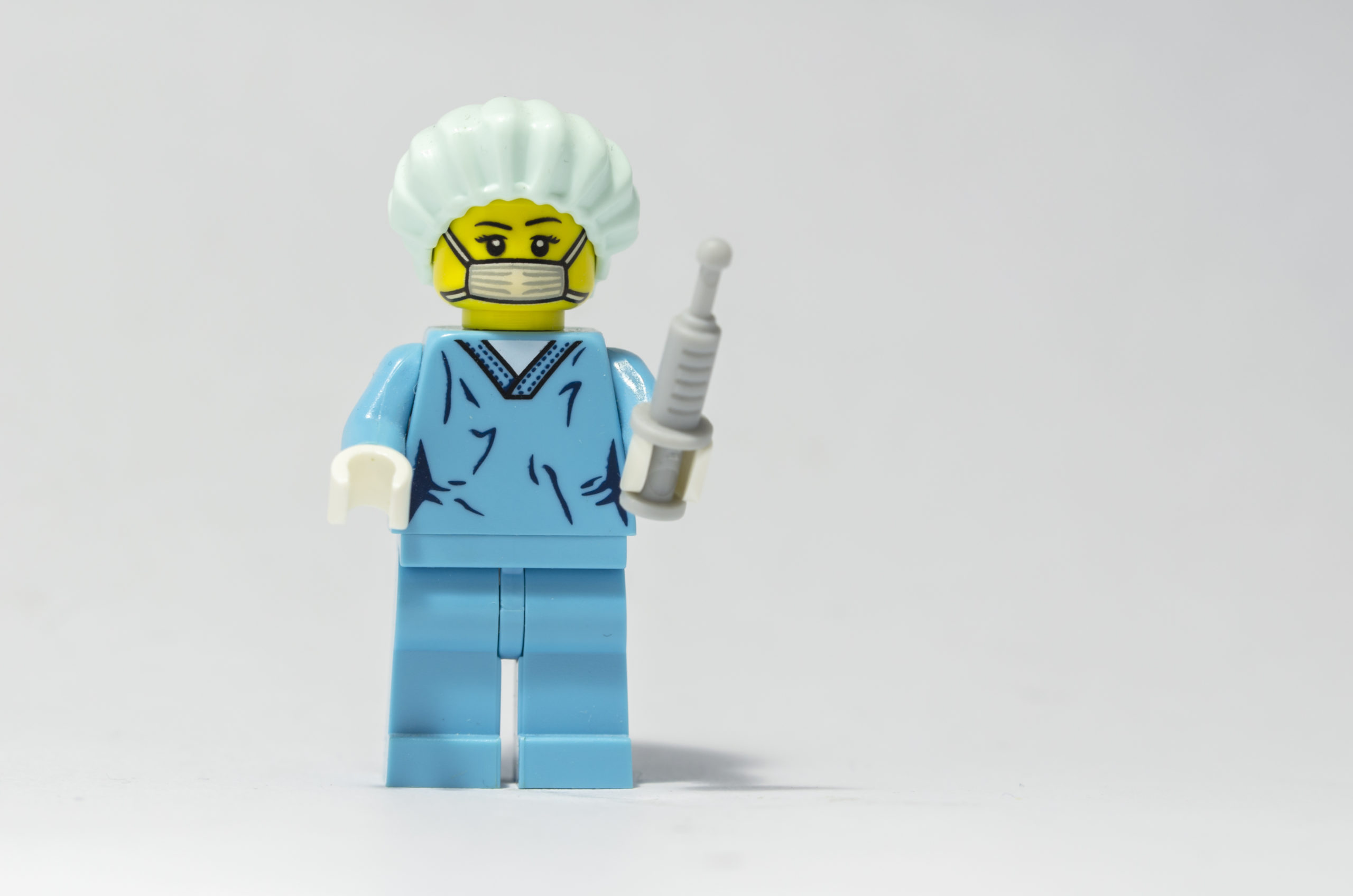Recognising Talent for Care: National Progression Agreement – INVITATION TO SIGN
Progression to registered professions matters and it’s time for HE to step up.
A clear commitment to supporting progression from support worker roles in nursing and healthcare is overdue.
Last year Health Education England (HEE) commissioned Middlesex University in partnership with the Open University (OU), the University Vocational Awards Council (UVAC) and Credit Works to establish the value of the Level 3 Senior Healthcare Support Worker (SHCSW) apprenticeship in terms of how well it prepared apprentices for progression to HE programmes. As a consequence of this work it has become crystal clear that the SHCSW apprenticeship is an excellent preparation for higher education (HE) healthcare programmes that lead to registered professions. In fact, it seems clear that people who have undertaken the apprenticeships are likely to be much better prepared than those undertaking traditional routes. This work has sought to address the inconsistent recognition of this apprenticeships across the HE sector to help realise the HEE Talent for Care strategy in securing career development opportunities for the healthcare support workforce.
However, the next step is vital to cut through the barriers to the inconsistent recognition that persist.
The solution offered is for universities to take a stand and signal their support by signing a National Progression Agreement.
The call to action is simple. Sign the National Progression Agreement to makes it clear to people undertaking the SHCSW apprenticeship, and their employers, that if they are successful, their knowledge skills and professional behaviours are valued and recognised.
Signing a National Apprenticeship Agreement is a signal to employers that your institution is actively concerned with supporting the progression of their healthcare support workforce to HE programmes. All HEPs are under pressure to ‘tackle persistent inequalities’ and respond more positively to ‘non-traditional’ entrants in their required Office for Students (OfS) Access and Participation Plans. However, the NHS Long Term Plan reports that 14,000 motivated and well qualified applicants to nursing are NOT accepted. This is not because they are not capable of successfully completing the qualifications; they were turned down primarily because the entry tariffs set by some universities are well above the standard required by the Nursing Midwifery Council (NMC). This is not in the national interest when there is a major shortage of nurses and other registered professionals in the health and adult care sector.
This initiative helps universities to meet government requirements and at the same time promotes the project’s benefits for health and adult social care employers too. This includes: the place of SHCSW progression to HE health professional programmes in developing an Integrated Care Strategy; fulfilling People Plan priorities, in helping to recruit staff into hard to fill vacancies; helping improve retention of staff by creating clear career progression routes; and offering routes to healthcare professions for staff who did not have the opportunity through school education, due to social and economic exclusion or disadvantage.
It is worth mentioning that Ofsted in reporting outcome of inspections in apprenticeships, rate universities ‘outstanding’ and ‘good’ in the delivery of nursing and allied healthcare programmes where they have demonstrated that their focus on a culture of high expectations for apprenticeships that includes progression from lower level apprenticeships to higher level programmes. Specifically, that universities place a high priority on ensuring that apprenticeships provide life-changing opportunities for individuals who would otherwise struggle to access and participate in HE. Indeed, outstanding provision is described as where apprentices are seen to benefit significantly from a more accessible route into degree-level study and secure careers in the registered professions.
Additionally, the Council of Deans, in responding to the HEE Strategic Framework Call for Evidence, has been very encouraging regarding what needs to happen to ensure a fair and efficient healthcare system. In their submission, CoDH are clear that apprenticeships are a key means to deliver widening access and that the development of new level 3 provision must ensure that the programme outcomes must align with entry requirements for HE programmes. The HEE project has demonstrated that the alignment between the SHCSW apprenticeship outcomes and HE entry requirements is particularly strong.
I invite you to listen to the recording of a recent ‘RPEL knowledge network meeting’ hosted by UVAC in which the project’s rationale, progress and outcomes are explained by Darryll Bravenboer, PFHEA, Director of Apprenticeships and Professor of Higher Education and Skills, Middlesex University. You can listen to the recording HERE.
Finally, you can sign the National Progression Agreement, by downloading it HERE and returning it to [email protected].
Should you wish to discuss any aspect of this work, and its intended outcomes, please contact me (e) [email protected] (m) 07763 820713.
Dr Mandy Crawford-Lee
Chief Executive
IN OTHER LATEST NEWS

7 days ago, Amanda Danells-Bewley

12 days ago, Amanda Danells-Bewley
NEWS BY CATEGORY
Get our latest news and events direct to your inbox - join our mailing list
Please enter your details below –


